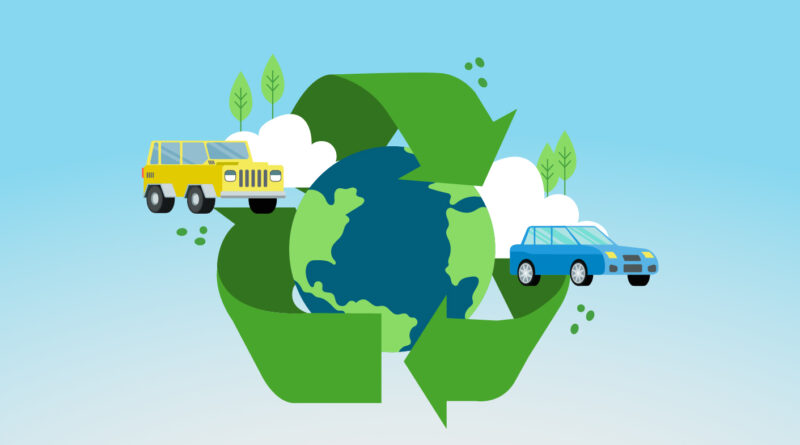What Happens When Your Car Gets Scrapped Understanding the Process
This comprehensive guide will walk you through the typical stages and considerations involved in What Happens When Your Car Is Scrapped This comprehensive guide will walk you through the typical stages and considerations involved in the scrapping process. When a car reaches the end of its roadworthy life, insurance write off or becomes too expensive to repair, the process of scrapping comes into play. Scrapping a car involves dismantling it for parts, recycling materials, and ensuring proper disposal of hazardous components. Check scrapp record here.
**1. Decision-Making:
- The decision to scrap a car often stems from factors such as extensive damage, high repair costs, or failing to meet emission standards. In some cases, owners may choose to scrap a vehicle to make way for a new one or as part of an environmentally conscious choice. Insurance write off.
**2. Choose an Authorized Treatment Facility (ATF):
- The first step is to select a licensed Authorized Treatment Facility. These facilities are authorized by the government to handle the depollution and recycling of end-of-life vehicles. Choosing a reputable ATF ensures that the scrapping process adheres to environmental regulations. How to scrap the vehicle.
**3. Depollution Process:
- Once the car arrives at the ATF, the depollution process begins. This involves the removal of all hazardous materials and fluids from the vehicle. Common fluids include engine oil, transmission fluid, brake fluid, and coolant. Proper disposal of these substances prevents environmental contamination.
**4. Dismantling for Parts:
- After depollution, the car is dismantled for salvageable parts. Components that are still functional and in good condition, such as the engine, transmission, and electronics, can be removed and sold for reuse. This step contributes to the recycling and reusing of automotive parts, reducing the demand for new manufacturing.
**5. Recycling of Materials:
- The scrapped car’s remaining shell is then processed for recycling. Various materials, including metals like steel and aluminum, glass, rubber, and plastics, are separated and sent to recycling facilities. Recycling helps reduce the environmental impact of manufacturing new materials and conserves valuable resources.
**6. Proper Disposal of Hazardous Waste:
- Any remaining hazardous waste that cannot be reused or recycled is disposed of properly. This includes items like airbags, certain types of batteries, and other components containing potentially harmful substances. Adherence to disposal regulations is crucial to minimizing environmental harm.
**7. Certificate of Destruction (COD):
- Once the scrapping process is complete, the ATF issues a Certificate of Destruction (COD) for the vehicle. This document officially declares that the car is no longer roadworthy and relieves the previous owner of any legal responsibility for the vehicle.
**8. Notification to Authorities:
- The ATF notifies the relevant authorities about the scrapping of the vehicle. This step is essential for updating records and ensuring that the car is officially removed from the road.
**9. Environmental Benefits:
- Scrapping cars through authorized facilities promotes environmental sustainability. Recycling materials reduces the need for new resource extraction, and proper disposal of hazardous waste prevents soil and water contamination.
**10. Consideration for Salvage Value:
- In some cases, the owner may receive compensation for the salvageable parts of the vehicle. The salvage value depends on the condition of the car and the demand for its components.
Conclusion: Understanding what happens when your car is scrapped emphasizes the importance of responsible disposal and recycling practices. Scrapping a car through a licensed ATF ensures compliance with environmental regulations and contributes to the circular economy by reusing and recycling materials. As technology advances, innovative methods for sustainable vehicle disposal may further enhance the environmental impact of the scrapping process.
Buying a used VW. Vauxhall, BMW, Jaguar, Ford, Volvo, Range rover, Bentley, Aston Martin, Porsche, Ferrari, Lamborghini, Maserati, Hyundai

